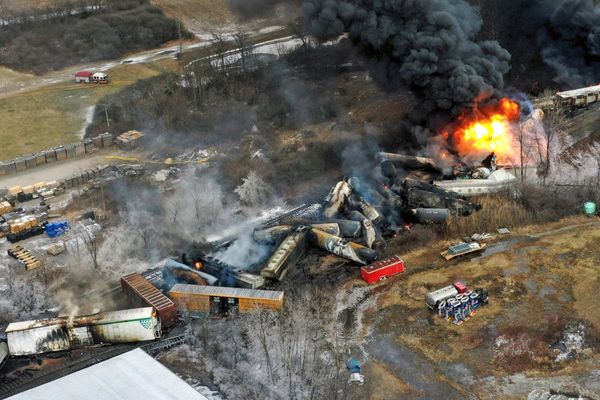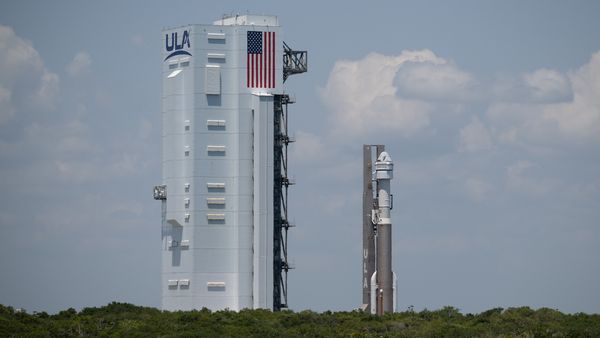
Almost two months after Nigerian President Bola Tinubu scrapped a popular but costly fuel subsidy, petrol prices have risen to 617 naira ($0.78) per litre, the highest in the history of Africa’s largest oil producer.
Prices were updated nationwide on Tuesday from 557 naira ($0.70) per litre at fuel stations operated by the state-owned Nigerian National Petroleum Co (NNPC), according to a circular seen by the Reuters news agency.
The NNPC did not immediately respond to calls seeking comment.
Tinubu, who has embarked on some of Nigeria’s biggest reforms in decades to tackle issues including its high debt burden, ended the subsidy on May 29 during his inauguration speech.
The subsidy, introduced in the 1970s, had kept fuel prices cheap for decades but had become increasingly expensive, costing the government $10bn last year.
“Subsidy” became a national buzzword in 2012 when then-President Goodluck Jonathan announced its removal. Fuel prices increased from 65 naira ($0.14) to 140 naira ($0.30) per litre and triggered almost two weeks of protests known as Occupy Nigeria, causing Jonathan to reverse the decision.
Since ending the subsidy this year, 56 private firms have been licensed to import petrol, and 10 of them are due to start deliveries in the third quarter. The NNPC had previously been the sole importer of petrol using crude swap contracts.
“Out of these 10, three of them have already landed cargoes, … and others are also indicating interest to import in August and September,” Farouk Ahmed, head of the Nigerian Midstream and Downstream Petroleum Regulatory Authority (NMDPRA), said in a statement.
Nigeria imports almost all its refined fuel due to inadequate refining capacity and neglect of existing refineries.
In June, average daily petrol consumption fell to 48.43 million litres (13 million gallons), down from a daily average of 66.9 million litres in January through May before the subsidy was removed, according to figures from the NMDPRA.







